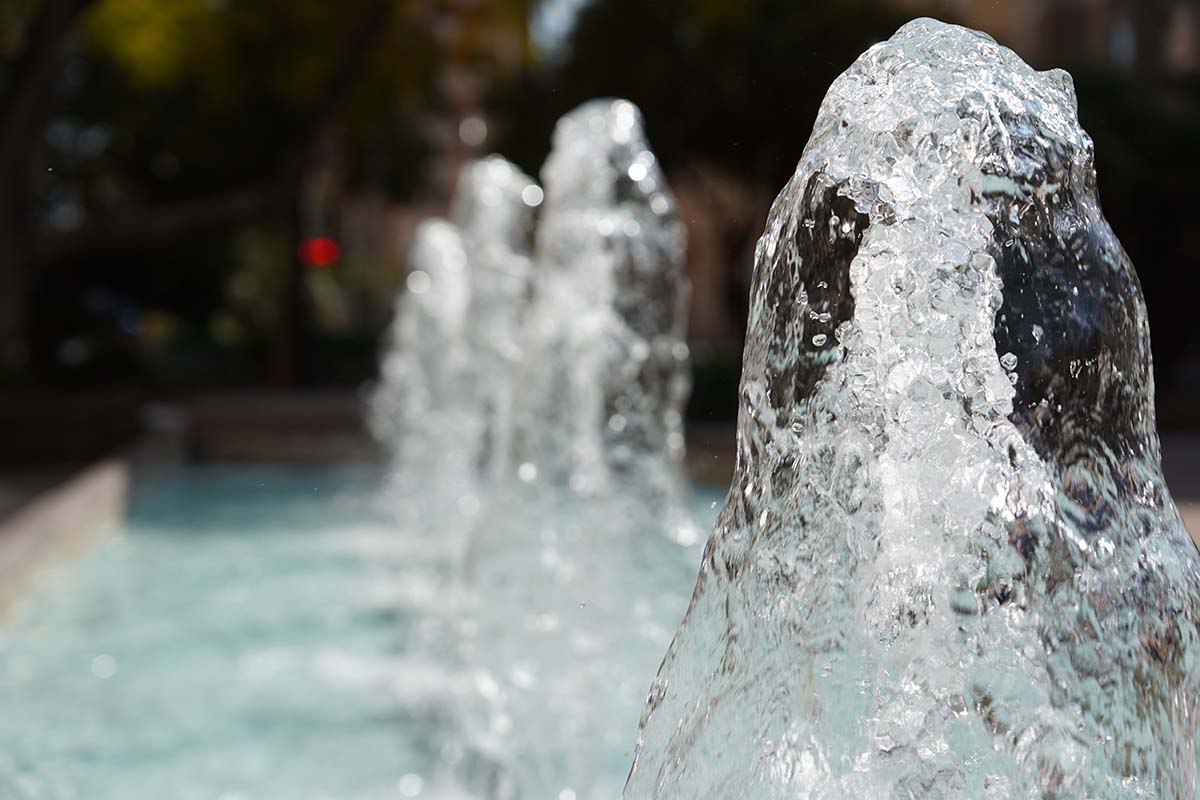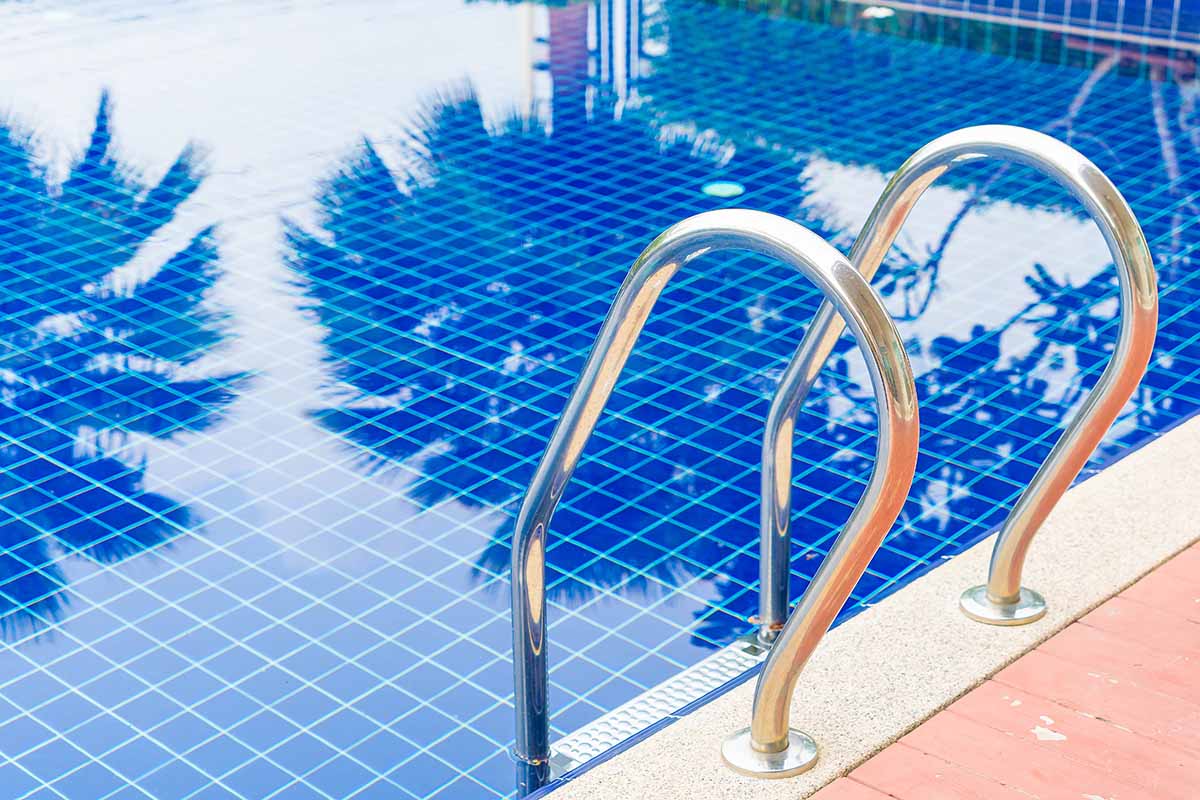Water Management in Pools: Strategies for Water Conservation
Water management in swimming pools is an increasingly important topic, especially in the face of global climate change and water scarcity. Effective water management not only conserves this precious resource but also ensures that pool owners can enjoy their investments sustainably and responsibly.
In this blog post, we’ll explore various strategies for water conservation in pools, with a special focus on how these practices can be implemented, specifically in Sydney, a city known for its love of outdoor living and swimming.
Understanding the Importance of Water Management
Water is a finite resource, and its conservation is crucial for environmental sustainability. In pool management, conserving water not only helps in reducing the ecological footprint but also aids in lowering operational costs. This becomes particularly relevant in areas like Sydney, where the climate can vary, and water restrictions are not uncommon.
Regular Maintenance and Repairs
The first step in water management is ensuring regular maintenance and timely repairs. A well-maintained pool loses less water. This includes fixing leaks, which can be a significant source of water wastage. Even a small leak can result in the loss of thousands of liters of water over a season. Regular checking of the pool’s lining, skimmers, and filtration systems is essential. In Sydney, professionals specializing in pool restoration can assess and repair any damage, ensuring that the pool remains water-efficient.
Optimizing Water Levels
Maintaining optimal water levels in the pool is another key strategy. Overfilling the pool leads to water wastage through splashing and overflow. Conversely, too low a water level can cause damage to pool equipment. Automated water level controllers can be a great addition to maintaining the perfect balance.
Covering the Pool
Using a pool cover is one of the simplest yet most effective methods for conserving water. Covers reduce evaporation, which is a major cause of water loss in pools. This is especially relevant in Sydney’s warmer months, when evaporation rates are high. Additionally, pool covers keep the pool clean, reducing the need for frequent refilling due to contamination.
Implementing Water-Saving Technology
The advancement in technology offers various options for water conservation in pools. For instance, variable speed pumps are more efficient and use less water compared to traditional pumps. Installing water-saving filtration systems can also reduce the need for frequent backwashing, which is a process that uses a considerable amount of water.
Efficient Backwashing and Use of Cartridge Filters
Backwashing is necessary for cleaning pool filters but can lead to significant water loss. Optimizing the backwashing process by doing it only when necessary and using water-saving backwash systems can reduce water wastage. Alternatively, using cartridge filters, which require less frequent cleaning and no backwashing, is an excellent option for water conservation.
Rainwater Harvesting
In Sydney, where rainfall can be abundant in certain seasons, rainwater harvesting can be an innovative solution for pool water management. Collecting rainwater and using it to top up the pool not only conserves tap water but also reduces the overall water bill.
Educating Pool Users
Education and awareness are crucial in water conservation efforts. Pool users should be made aware of the importance of conserving water. Simple actions like taking showers before entering the pool, avoiding overuse of pool toys that increase water splashing, and adhering to correct pool usage can significantly contribute to water conservation.
Landscaping and Surrounding Environment
The area surrounding the pool can also impact water usage. Choosing plants and landscaping materials that require less water can reduce the overall water demand of the pool area. Additionally, proper positioning of plants and windbreaks can reduce water evaporation from the pool.
Balancing Chemicals Efficiently
Efficient chemical management is essential. Properly balanced pool water does not need to be replaced as often, reducing water waste. This also helps maintain the health and longevity of the pool. In conclusion, effective water management in pools is a multifaceted approach that involves regular maintenance, technological innovations, and user education.
By implementing these strategies, pool owners in Sydney and beyond can enjoy their pools in a more sustainable and environmentally friendly manner. Whether it’s through professional pool restoration Sydney or simple steps like using a pool cover, every action counts towards conserving this vital resource.
By adopting these water management strategies, we ensure the longevity and enjoyment of our pools and contribute significantly to water conservation. This step is increasingly becoming crucial in our world today.




















